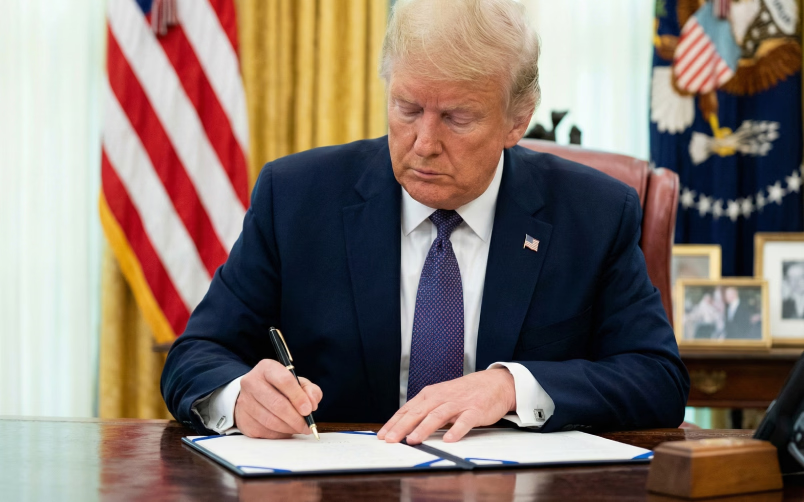Can Mark Carney Save Canada’s Cannabis Industry?


The results of Canada’s recent federal election have sparked a wave of new conversations — from inflation to innovation, and yes, cannabis. With Mark Carney stepping into power as Canada’s new Prime Minister and leader of the Liberal Party, the legal cannabis industry is hoping that change is finally on the horizon.
And one group is making sure its voice is heard loud and clear.
The Cannabis Council of Canada (C3), the industry’s national trade association, has issued an urgent call for policy reform. In a public letter to Prime Minister Carney, C3 laid out five key requests to help save Canada’s struggling legal marijuana sector.
But what exactly are they asking for — and how likely is it that the new government will act?
Let’s break it down.
What the Cannabis Council of Canada Is Asking For
In its letter, the Cannabis Council of Canada outlines five key points — most of them centered around high taxes, slow regulations, and mounting debt that’s suffocating legal cannabis operators across the country.
1. Lower the Federal Excise Tax
Operators pay a flat excise tax per gram, even if their products sell for less. With prices dropping, the current model is crushing margins.

2. Pause the Interest on Unpaid Excise Taxes
Some producers are behind on payments, and interest is compounding fast, adding fuel to the fire for already struggling companies.
3. Amnesty for Past-Due Taxes
C3 is asking the government to forgive certain overdue payments to give operators breathing room.
4. Create an Expert Cannabis Policy Task Force
They want a dedicated team to streamline cannabis laws and work more directly with industry stakeholders.
5. Address Regulatory Hurdles
Packaging laws, advertising restrictions, and delays in product approvals are making it hard for legal cannabis to compete with the illicit market.
Why It Matters for Operators and Consumers
For cannabis businesses, these changes could mean survival. Without reform, many licensed producers, especially smaller craft operators, may be forced to shut down or merge. The sector is already seeing layoffs and consolidation, and C3 warns that without intervention, “the damage could become irreversible.”
For consumers, this could mean fewer choices, higher prices, and slower innovation. And if legal cannabis becomes harder to find or less affordable, the illicit market could rebound, undermining the very goal of legalization.

Has the Council Been Successful Before?
The Cannabis Council of Canada has been a vocal advocate since legalization in 2018, and while they’ve influenced conversations around marketing restrictions and regulatory reform, success has been limited. Most changes have been slow and incremental, with major tax relief and structural reform still elusive.
But with a new political chapter underway, there may be fresh momentum.
Has the Liberal Party or Mark Carney Responded?
Not yet — at least not publicly. But with the Liberal Party’s fresh mandate and a new leader at the helm, there’s cautious optimism that cannabis reform could gain traction. Mark Carney brings a strong economic background from his time as the head of the Bank of Canada and the Bank of England. His expertise could prove valuable when evaluating tax burdens and regulatory inefficiencies currently plaguing the sector.
Still, cannabis may not be a top-tier priority for the new administration. Unless the industry keeps the pressure on, it’s possible these requests could be pushed aside in favor of higher-profile issues.
What’s Next?
As the dust settles from the election, all eyes are on Ottawa. The Cannabis Council of Canada has made its pitch clear. Now it’s a waiting game to see if the new leadership will bring new policies, or if the industry will have to keep fighting for its survival.


